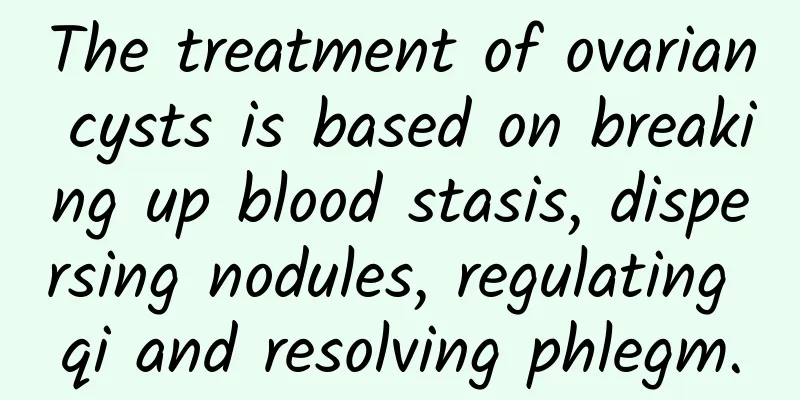What is pelvic inflammatory disease?

|
Pelvic inflammatory disease is a general term for inflammation of the female pelvic genital organs, mainly referring to inflammation of the female pelvic reproductive organs, connective tissue around the uterus and pelvic peritoneum. According to the inflammation, it can be divided into acute pelvic inflammatory disease and chronic pelvic inflammatory disease. Common causes of female pelvic inflammatory disease are infection, such as infection after childbirth or abortion, infection after gynecological surgery, external bacterial infection, etc. Women are physically weak during gynecological surgeries such as artificial abortion, upper and lower rings, and myomectomy. After the cervix is dilated, the vagina or cervical bacteria may be infected with pelvic inflammatory disease. Postoperative infection may also be caused by lax disinfection or chronic inflammation. If female friends do not pay attention to personal hygiene after gynecological surgery, or have sex early, it may cause bacterial infection and pelvic inflammatory disease. Symptoms of pelvic inflammatory disease 1. Common symptoms: lower abdominal pain, fever, increased vaginal discharge. The abdominal pain is persistent and worsens with activity or sexual intercourse. 2. Severe symptoms: If the condition is severe, chills, high fever, headache and loss of appetite may occur. 3. Menstrual symptoms: If the disease occurs during menstruation, the menstrual volume may increase and the menstrual period may be prolonged. 4. Digestive system symptoms: nausea, vomiting, abdominal distension, diarrhea, etc., may be manifestations of peritonitis. 5. Symptoms of dysuria, frequent urination, and painful urination, as well as bladder irritation: If pelvic inflammatory disease forms a pelvic abscess, lower abdominal masses and local compression and irritation symptoms may appear. Symptoms of bladder irritation may appear in front of the uterus, such as dysuria, frequent urination, and painful urination if cystitis occurs. 6. Diarrhea, difficulty in defecation, and rectal irritation symptoms: If there is diarrhea and difficulty in defecation outside the peritoneum, and the mass is located behind the uterus, rectal irritation symptoms may occur. |
<<: What should I do if I have irregular menstruation?
>>: What should I do if my menstruation is irregular after medical abortion?
Recommend
Elderly people with less muscle and loose bones need to turn up and down to protect their bones
The survey found that among Taiwan’s elderly peop...
Say goodbye to fat accumulation! Try goldfish exercise to boost metabolism
Using a triangular spine pillow, you can easily c...
Interference with the patient's normal life is one of the main hazards of vaginitis
Vaginitis is very harmful to women. Since vaginit...
Is back pain in early pregnancy a symptom of threatened abortion?
Pregnant women are always suspicious in the early...
Prevent cervical erosion and protect women's health
Cervical erosion is terrible for female friends, ...
Can chocolate cysts be cured completely?
Chocolate cysts are "lumps" but not &qu...
Let's take a closer look at what is spontaneous abortion.
Many families have fallen into infinite grief due...
What are the reasons for women's delayed menstruation? How to regulate women's irregular menstruation
Many women have irregular menstruation problems, ...
The most important treatment for dysmenorrhea in life
Dysmenorrhea is a very common disease in life, an...
How to regulate scanty menstruation
To regulate scanty menstruation, you need to adju...
What medicine can cure intrauterine adhesions?
For infertile patients, what they expect most is ...
What are the factors that cause vulvar leukoplakia?
What are the factors that cause vulvar leukoplaki...
Start the "original" driving force for weight loss! High-fiber Maru fruit moisturizes the intestines and helps lose weight
Taking advantage of the good weather during the h...
What are the other symptoms of cervicitis in women? Introduction to 4 common causes of cervicitis
We should be familiar with cervicitis. There are ...
How to choose a hospital for uterine fibroids
How to choose a hospital for uterine fibroids? Ut...









